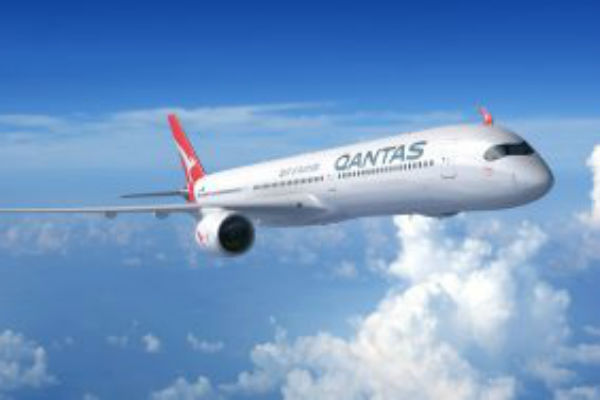More than 660,000 aviation jobs in the UK could be at risk as a result of the coronavirus pandemic, the International Air Transport Association (IATA) predicts.
New analysis has been released which shows that the potential revenue loss by European carriers in 2020 has grown to $89 billion and passenger demand is projected to be 55% below 2019 levels.
This is an increase over the previous estimates, released March 24, of a $76 billion financial hit and 46% drop in demand.
Iata estimates the current 90% collapse in air traffic puts around 6.7 million jobs at risk and lead to a negative GDP impact of $452 billion across Europe. The latest analysis equates to an additional 1.1 million jobs and $74 billion in GDP over the March estimates of 5.6 million jobs and $378 billion.
The new analysis is based on a scenario of severe travel restrictions lasting for three months, with a gradual lifting of restrictions in domestic markets, followed by regional and intercontinental travel.
In the United Kingdom, Iata expects 140 million fewer passengers, resulting in a $26.1bn revenue loss, risking almost 661,200 jobs and around $50.3bn in contribution to the UK economy.
The association reiterated its call for government support, saying it is “essential” to minimise the economic damage. It says the first priorities should be direct financial support, loans and tax relief to airlines, and calls for a temporary amendment to EU261 to give airlines greater flexibility on the terms of refunding customers for cancelled flights.
“Every job created in the aviation industry supports another 24 jobs in the wider economy,” said Rafael Schvartzman, Iata’s regional vice president for Europe. “Unfortunately, that means that when aviation jobs disappear, the impact is magnified across the economy. Our latest impact assessment shows that the number of jobs at risk has increased to 6.7 million across Europe. As airlines face an unprecedented liquidity crisis, we desperately need European government financial and regulatory support.”
When air travel begins to return, Iata is calling for government support through confidence-building measures as it fears a ‘slow return’.
“The world will rely on airlines and air connectivity to restore the global economy,” Schvartzman added. “A successful restart of the industry will be crucial. To help with that, Iata is hosting a series of regional summits to bring governments and key stakeholders together, to maximize the chances of an orderly restart. Harmonisation and coordination of measures will be vital. And as always, we will be led by the science in terms of what can be implemented effectively.”


























